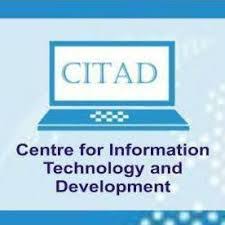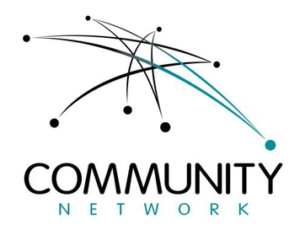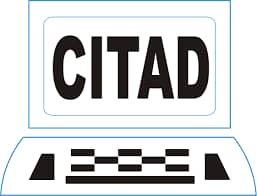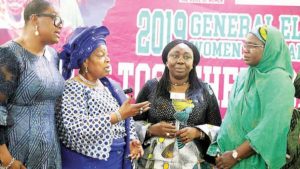CITAD: STAKEHOLDERS WANT EXPEDITED ACTION ON NATIONAL COMMUNITY NETWORKS POLICY
By Abdallah el-Kurebe
Participants rise from a civil society consultative meeting on community networks with a call on the federal government to expedite action on the development of national community networks.
Community networks is a telecommunications infrastructure deployed and operated by a local group to meet their own communication needs and also a communications infrastructure, designed and erected to be managed for use by local communities.
“The national regulator should hasten the processes of articulating a National Community Networks Policy for the country,†the participants urged government.
The one-day meeting, held virtually on July 27 2021 and attended by over 40 CSOs from different parts of Nigeria, was convened by the Centre for Information Technology and Development, CITAD.
The meeting was to, among other things, sensitize the civil society organizations on the importance of community networks as a tool for addressing the digital divide, as well as explore the possibility of a joint advocacy for the government to develop a policy framework for the community networks.
A communique issued at the end of the meeting and signed by the executive director of the centre, Mr YZ Yau on Wednesday, noted “that at the present, the country does not have policy for community networks, a situation that has hampered their evolution and growth.â€
Read part of the communique below:
The meeting featured four presentations as follows:
- Concept and Benefits of Community Network
- Community Network in Practice: Experience from of Fauntsuam Foundation
- Community Networks in Africa
- The Policy Vacuum with Respect to Community Networks in Nigeria
Observations
Participants observed that:
- There is no policy or regulation to recognize community networks as distinct operators with appropriate conditions for their operations
- That at the moment there are over 100 unserved or underserved communities who are digitally excluded in the country
- That although there are over 298,823,195 connected lines out of which 297,536,702 were said to be active in the country, only about 40% of these are connected to the internet, meaning that internet penetration in the country covers only about 40% of the population.
- That most of the blind areas are in either hard to reach, rural communities or poor communities where affordability is a problem, hence the market mechanism is not able to provide connectivity to them since it would be unprofitable.
- That although the Nigerian Communication Commission is favourably disposed to midwifing the policy framework for community networks, there are still many challenges that have to be addressed for community networks to flourish and be sustainable in the country
- Community network will bring opportunities for direct access to education and health care for rural residents
Recommendations
Participants, believing that community networks have immense benefits in addition to providing veritable tool for bridging the digital divide In the country, recommend that:
- The national regulator should hasten the processes of articulating a National Community Networks Policy for the country
- That NCC should formal regulations allowing the use of TVWS technologies to address access challenges have yet to be issued
- That community networks should be categorized as a different layer of operators and be given license exempt
- That community networks should be considered as start –ups and be eligible to national support systems for start ups
- Efforts should be made in expanding high speed network and network infrastructure to underserved rural communities
- Government through USPF, NCC and NITDA should facilitate the setting up of community networks centres at rural and hard to reach areas
- That government should support an initiative that offers free or subsidized spectrums to local communities
Resolution
The participants unanimously resolved to form a CSO Coalition on Community Networks with the following objectives:
- Popularize community networks as catalyst tool for addressing digital divide and promoting digital inclusion in the country
- Sensitizing their community members about the importance and benefit of community network
- To conduct sustained advocacy for the national telecommunications regulator to come up with a national policy framework for community networks in the country
- Support effort by all stakeholders to address the multifarious dimensions of the digital divide in Nigeria.












